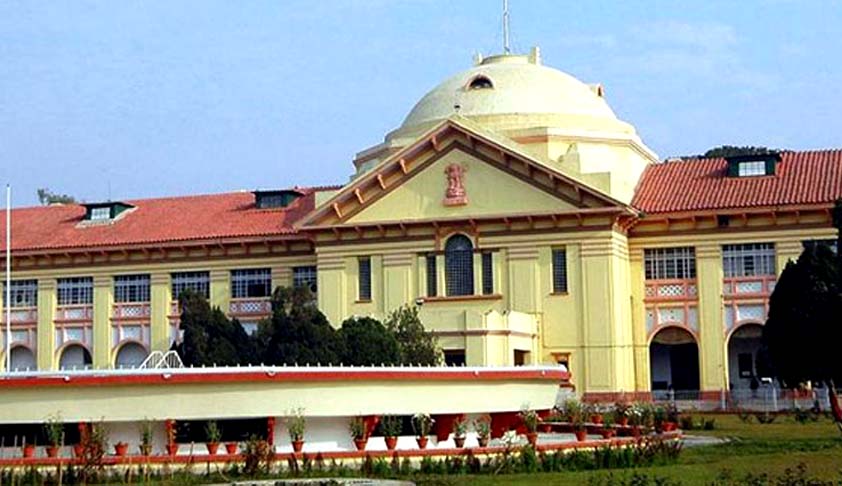- Home
- /
- Top Stories
- /
- Patna High Court refers Writ on...
Patna High Court refers Writ on Advocate on Record system to full Bench
Apoorva Mandhani
4 April 2015 8:06 AM IST
Writ Petition seeking removal of the provision of Advocate on record (AOR) from Patna High Court has been referred to a full Bench by a Division Bench comprising of Chief Justice L. Narasimha Reddy and Justice Vikas Jain.The Petitioner, Anju Mishra, has contended that the AOR is violative of the Advocates Act, according to which advocates enrolled under any State Bar Council will have the...
Next Story



